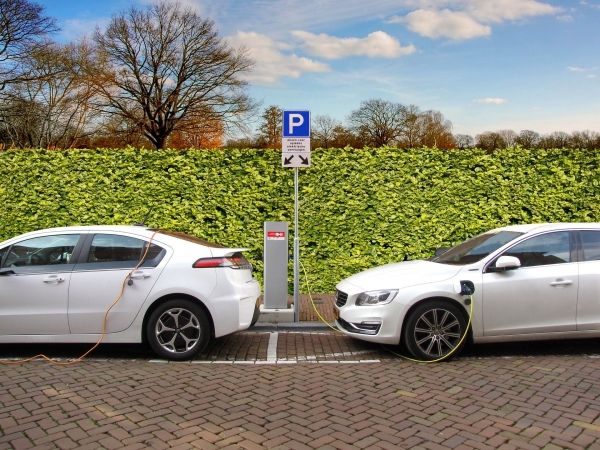The University of Queensland has launched a world-first international trial to see if the spare battery capacity in electric vehicles (EV) could be used to support the uptake of renewable energy, support the grid, and potentially power homes in the future.
In a project co-funded by the iMOVE Cooperative Research and an Advance Queensland Industry Research Fellowship, UQ has partnered with analytics platform Teslascope to recruit Tesla owners internationally to take part in the study which will closely look at driving and charging behaviour across the globe.
Dr Jake Whitehead, E-Mobility Research Fellow at UQ, said while EVs are increasingly coming to market with more than 400km driving range, most are only driven less than 50km a day.
“This provides a unique opportunity to leverage this spare energy capacity to absorb renewable energy generated in the middle of the day and overnight, and potentially even export energy to power homes and support the grid in the future using vehicle-to-grid (V2G) chargers,” Dr Whitehead said.
Dr Whitehead said with increasing numbers of electric vehicles globally, many questions are being asked around how this EV technology cannot only deliver the necessary emissions reductions in transport to reach net zero emissions by 2050, but also how they can provide other energy services.
Read more at: University of Queensland
Photo Credit: Joenomisa via Pixabay


